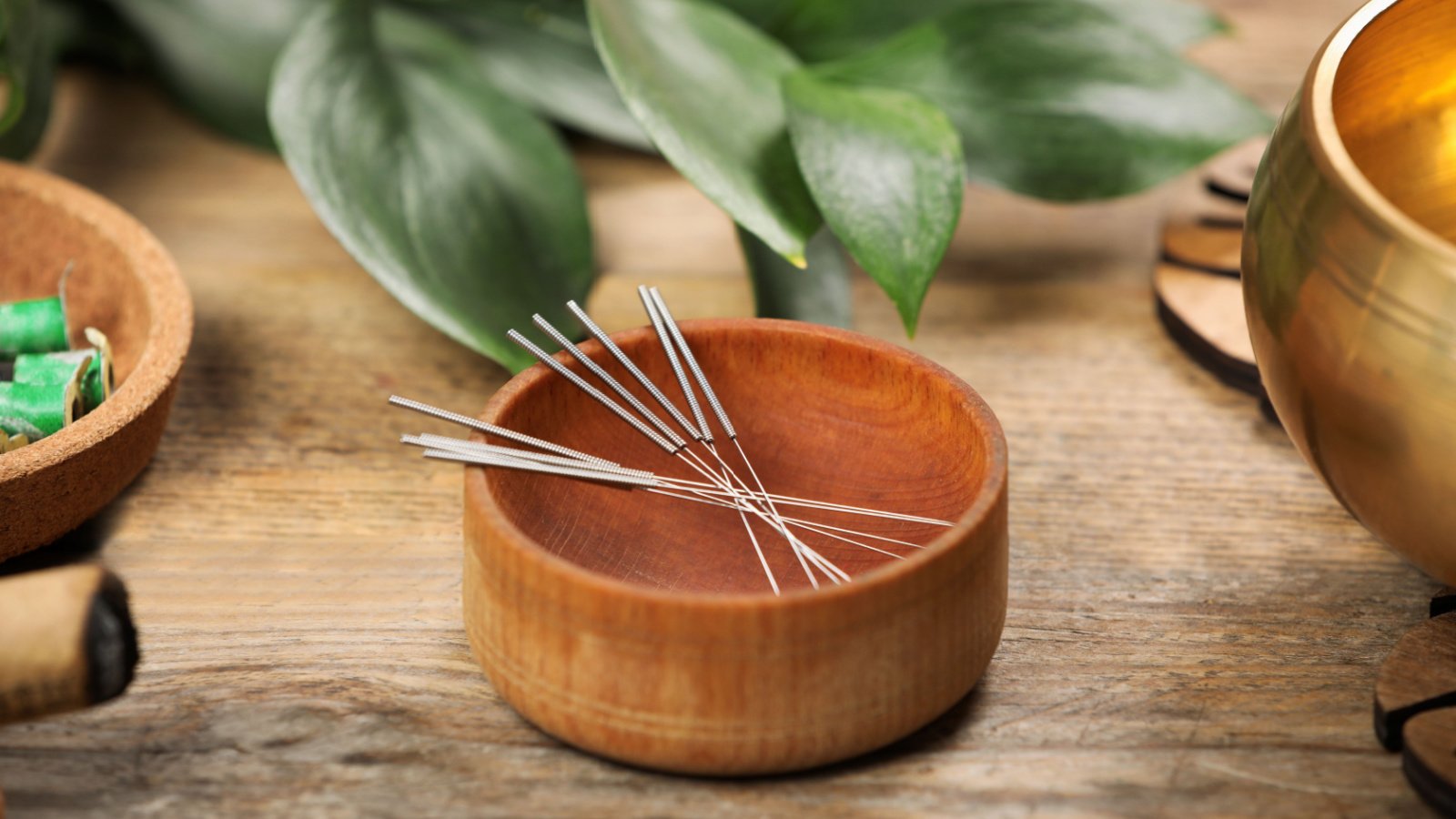Spring is in the air, and so are the sneezes and sniffles of seasonal allergies! As the weather warms, arm yourself with nature’s essentials to help you feel more comfortable. From honey to herbs, explore nature’s own medicine cabinet.
Quercetin-Rich Foods for Immunity

Quercetin, a natural bioflavonoid, is found in abundance in apples, berries, and black tea. This compound is known to stabilize mast cells and reduce histamine release. Integrating these foods into your diet during allergy season can significantly lessen symptoms. The gradual build-up of quercetin in your system can act as a natural shield against allergens.
Nettle Leaf as a Herbal Powerhouse

Nettle leaf, traditionally used in teas, is a potent natural antihistamine. This herbal remedy, which can be consumed as a tea or in capsule form, can effectively alleviate sneezing and itching. Regular intake of nettle leaf during allergy season can significantly reduce reliance on over-the-counter medications. Its natural anti-inflammatory properties make it an ideal choice for allergy sufferers.
Local Honey: A Sweet Solution

Consuming local honey can help your body adapt to the allergens in your environment. This remedy involves a small daily intake of honey produced by bees in your area. Over time, this can help build up your immunity against local pollen. It’s a sweet and natural approach to fighting seasonal allergies.
Apple Cider Vinegar to the Rescue

Apple cider vinegar is praised for its health benefits, including allergy relief. Mixing a tablespoon of it in a glass of water each day can help break up mucus and support lymphatic drainage. Its ability to boost the immune system makes it a valuable ally during allergy season. The key is consistency; daily intake can bring noticeable improvements.
Eucalyptus Oil for Clear Breathing

Inhaling eucalyptus oil can clear nasal passages and reduce sinus pressure. Its anti-inflammatory and antibacterial properties make it a natural remedy for respiratory issues. A few drops in a steam inhalation or diffuser can bring instant relief. This method is especially effective when used in the morning to start the day with clear sinuses.
Butterbur: A Lesser-Known Antihistamine

Butterbur extract, derived from a European shrub, has gained attention for its antihistamine effects. Clinical studies suggest that butterbur is as effective as some over-the-counter remedies. It’s particularly helpful for those who prefer a non-drowsy natural option. However, it’s important to source a pyrrolizidine alkaloid-free product for safety.
Omega-3 Fatty Acids for Anti-Inflammation

Foods rich in Omega-3 fatty acids, like salmon and flaxseeds, can combat inflammation associated with allergies. Regular consumption of these foods can significantly reduce nasal congestion and inflammation. They also offer a myriad of other health benefits, making them a great addition to your diet. Omega-3 supplements are an alternative for those who don’t consume fish.
Probiotics for Gut Health and Allergies

Probiotics in yogurts and fermented foods can improve gut health and boost the immune system. A healthy gut flora is linked to reduced allergy symptoms. Regular consumption of probiotics can lead to a noticeable difference in how your body handles allergens. They’re a tasty way to enhance your body’s natural defenses.
Bromelain: An Enzyme to Ease Symptoms

Bromelain, an enzyme found in pineapples, can reduce nasal swelling and mucus production. This natural anti-inflammatory agent is effective in treating respiratory distress linked to allergies. Consuming pineapple or a bromelain supplement can be a tasty and effective remedy. It’s a tropical approach to managing your symptoms.
Acupuncture for Allergy Relief

Acupuncture, an ancient Chinese practice, can be surprisingly effective for allergy relief. It works by stimulating specific points on the body to balance energy flow. Regular sessions can reduce allergy symptoms and improve overall well-being in a holistic approach that addresses the physical and emotional aspects of allergies.
Turmeric: The Golden Spice for Allergies

Turmeric, known for its anti-inflammatory properties, can be a powerful ally against allergies. Incorporating turmeric into your meals or taking it as a supplement can reduce allergy symptoms. Its active ingredient, curcumin, is particularly effective in managing inflammation. This golden spice adds flavor to your dishes and health benefits.
Steam Inhalation for Instant Relief

Steam inhalation is a simple yet effective way to alleviate nasal congestion. Adding a few drops of essential oils like peppermint or lavender can enhance the effect. This method helps to soothe irritated nasal passages and clear mucus. It’s a quick and easy remedy that can be done at home.
Nasal Irrigation for Clear Airways

Nasal irrigation, using a neti pot with saline solution, can flush out allergens and mucus from nasal passages. This age-old remedy provides immediate relief from congestion. Regular use can significantly reduce the severity of allergy symptoms. It’s a natural method to keep your nasal passages clean and clear.
Herbal Teas for Soothing Comfort

Herbal teas like ginger, peppermint, and chamomile can provide allergy relief. They can reduce inflammation, soothe irritation, and ease respiratory symptoms. Enjoying a warm cup of herbal tea is comforting and beneficial. These teas are a gentle way to alleviate allergy symptoms.
Green Tea: An Antioxidant Boost

Green tea is packed with antioxidants that can boost your immune system. Its natural antihistamine properties can help alleviate allergy symptoms. Drinking a few cups daily can be a refreshing way to fight off allergies. It’s a simple and healthy habit with numerous benefits.
Spirulina: A Nutrient-Rich Algae

Spirulina, a type of blue-green algae, is known for its immune-boosting properties. Including spirulina in your diet can help reduce allergic reactions. It’s available in powder or tablet form, making it easy to incorporate into your routine. Its high nutrient content makes it a superfood for allergy sufferers.
Licorice Root for Respiratory Health

Licorice root has properties that can alleviate respiratory issues related to allergies. It can be consumed as a tea or in supplement form. Its soothing effect on the throat and anti-inflammatory properties make it a favorite. However, it should be used with caution, especially by those with high blood pressure.
Stinging Nettle Tea: A Natural Antihistamine

Stinging nettle tea is an effective natural remedy for allergy symptoms. Regular consumption can reduce the body’s histamine response to allergens. It’s a traditional remedy that has stood the test of time. The tea can be a bit of an acquired taste but is well worth the effort.
Magnesium-Rich Foods for Respiratory Health

Foods high in magnesium, like dark chocolate and almonds, can improve respiratory function. This mineral helps to relax the airways, reducing allergy symptoms. Including magnesium-rich foods in your diet can also have other health benefits. They’re a delicious way to enhance your overall well-being.
Peppermint Oil for Instant Relief

Peppermint oil can provide quick and invigorating relief from allergy symptoms. Its menthol component is effective in clearing nasal passages and reducing congestion. A few drops in a diffuser or diluted in a carrier oil for topical application can work wonders.
Physical Exercise to Boost Immunity

Regular physical exercise can strengthen your immune system, making it more effective against allergies. Activities like jogging, cycling, or yoga can improve respiratory health. The increased blood flow and oxygenation during exercise can also help reduce allergy symptoms. It’s a holistic approach to managing allergies and improving overall health.








Awesome post! Join the fun at https://ws-zhd-whatsapp.com Use WhatsApp Web for easy access to frequently contacted people. . Date: 2026-01-07 00:07:44 (-03).
Awesome post! Join the fun at https://ws-zhd-whatsapp.com Enjoy the convenience of typing on a keyboard with WhatsApp Web. . Date: 2026-01-07 12:08:59 (-03).